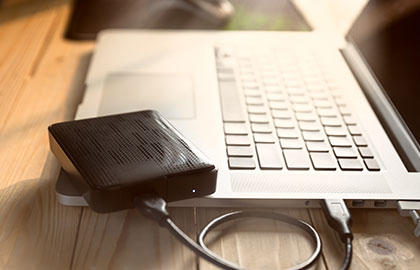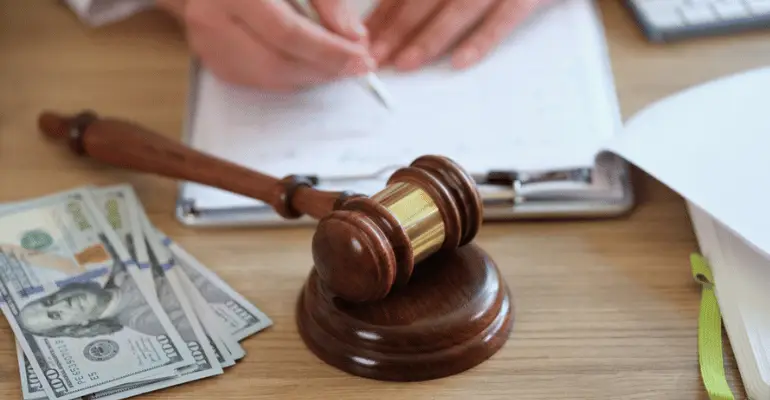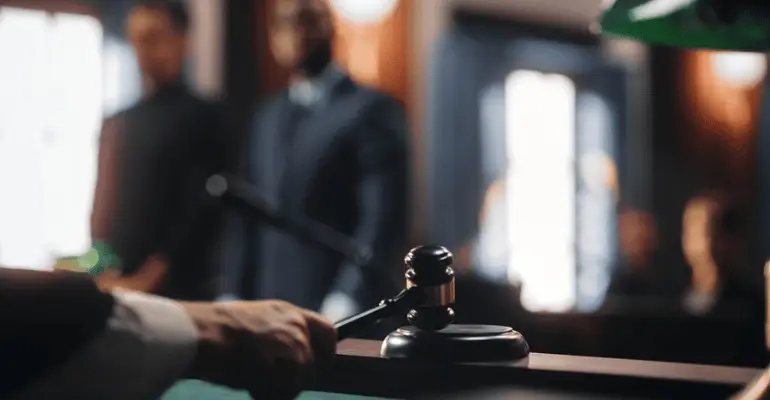Employment Law Cases: Why Destroying Evidence Could Destroy Your Case

The following points will help you better understand why the destruction of evidence must be avoided. If you want to win your employment law case, keep them in mind.
Destroying Evidence Means Your Claim May Be Dismissed
When filing a lawsuit or complaint, you need to preserve all relevant evidence while your case is
pending- and even before you file the case. If you are tempted to destroy certain pieces of
evidence because you think that having that evidence “disappear” is in your best interest, do not do it. Doing so could severely impact your claim.
For instance, perhaps you filed a complaint against your employer because you believe they terminated you due to your race, gender, age, or other discriminatory reason. However, your employer is stating the reason for your termination is repeated behavior issues. Deleting an email or text in which your employer brought up these issues at a point before your termination would thus qualify as “ spoliation of evidence.”
The consequences for spoliation of evidence can be dire. Under Florida employment law, failing to maintain all relevant evidence could even potentially result in your case being dismissed entirely. It is the plaintiff’s duty, when filing a complaint or lawsuit, to ensure evidence relevant to their case is not lost or destroyed.
Do not worry if you are not sure whether a piece of evidence is relevant or not. While you should refrain from destroying or tampering with evidence, you should consult with an employee rights attorney who is familiar with Florida labor laws. They can help you better understand what constitutes evidence as it relates to your case.
It Is Likely Your Destroyed Evidence Will Be Found
Some people may read this advice and still believe destroying evidence is their best course of action to ensure a desirable outcome in important legal cases. In some instances, they think that it will not be possible to prove a piece of evidence was destroyed because it will be impossible to find. For example, if you delete a social media post you think will hurt your case, unless your employer already has a printed copy of the post on hand, they will never be able to recover it. That means they will never be able to prove you destroyed evidence in the first place, right?
Do not make this mistake. Advances in digital forensics have made it much easier for investigators to recover deleted evidence, even on Facebook. After conducting tests, examiners have found that artifacts related to removed content can still be retrieved via a user’s devices. If there is reasonable suspicion that you have deleted evidence, investigators may be granted access to
your devices, which they can use to find that evidence. If this occurs, there is a good chance your case will be dismissed.
How to Avoid Destroying Evidence
The best way to avoid any complications resulting from destroyed evidence is to work with an employment law attorney who can explain which materials need to be preserved. That said, there are specific general points worth keeping in mind if you want to avoid sabotaging your case. You don’t want your case to be dismissed because you destroyed materials you didn’t know qualified as relevant evidence.
First, unless your attorney gives you permission, refrain from deleting any and all digital files
across your various devices and accounts. It is best to check with your lawyer first to confirm
materials are irrelevant.
Additionally, if you periodically delete files to make space on your devices and accounts, you should, at the very least, make backup copies of everything (even if they are physical print-outs). If you delete files that do not constitute evidence or if you engage in any behaviors that could make it appear as though you’re trying to delete evidence, it could have a negative impact on your case.
You might also be required to find evidence but you honestly do not know the location of that evidence. If you find yourself in this situation, be sure to document all the attempts you made to find and preserve the evidence. This is another task a labor and employment law attorney can assist you with if you are not confident you know how to document these efforts properly.
It is also highly likely you and/or your attorney will have received a letter or similar document outlining the overall scope of the evidence you are required to preserve. Review this carefully, and discuss it with your lawyer if you have any questions. The purpose of the document is to let you know what kinds of materials you must avoid destroying. By reading it carefully and coordinating with a legal professional, you will have a better understanding of what you cannot delete or destroy.
Keep in mind that there may be instances in which an outside party must review evidence during the course of a case. Your duty to preserve evidence is still in effect even if you turn it over to such a party for analysis or examination. This is another reason to work closely with an attorney who handles employment law cases. They will know how to adequately supply examiners with the necessary pieces of evidence while limiting the risk that they may be lost or accidentally destroyed.
Boost Your Odds of Success
Your goal is to win your case or reach the best possible settlement. However, you should not let this cloud your judgment. Understand that when you are required to maintain evidence, that applies to all relevant evidence, and not merely the materials you believe will strengthen your case. You may no longer have a case at all if you destroy evidence.
That may be true even if you claim you didn’t realize the materials you destroyed were relevant. Remember, the best way to avoid this outcome is to hire an experienced employment law attorney. With expert help, you’re less likely to make the kinds of mistakes that can ruin a case.
Please Note: At the time this article was written, the information contained within it was current based on the prevailing law at the time. Laws and precedents are subject to change, so this information may not be up to date. Always speak with a law firm regarding any legal situation to get the most current information available.
Related Posts
Recent Posts
- False Claims Act Retaliation & Your Rights
- Fired for Being Pregnant? 5 Situations When You Should Call an Employment Lawyer
- Can My Boss Take My Tips? The Laws of Tip Ownership
- What Does “Meets FCRA Requirements” Mean?
- Can Your Employer Contact You While on Medical Leave? Know Your FMLA Rights in Florida
Contact Us

FREE HELP GUIDES
Dealing with unpaid wages, discrimination or wrongful termination? Get the information you need to protect your workplace rights. We offer employment law resources to help you fight for workplace justice.





